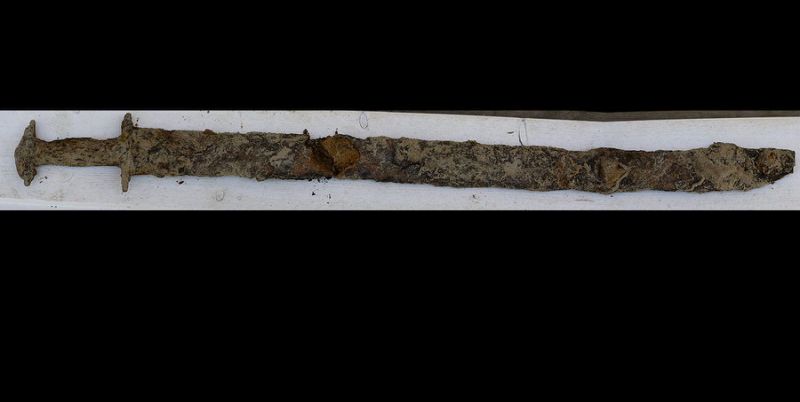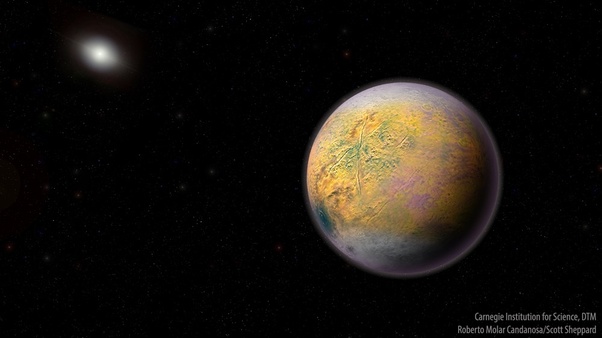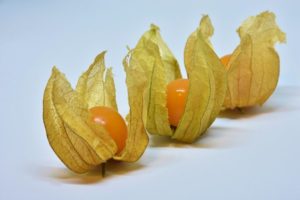Over the past few days, the mathematics world has been abuzz over the news that Sir Michael Atiyah, the famous Fields Medalist and Abel Prize winner, claims to have solved the Riemann hypothesis.
An analysis of over 400,000 people's self-reported drinking habits finds that statistically drinking alcohol 4 or more times per week increases the risk of premature death by 20 percent. The increased risk was consistent across age groups.
Vaccines are the most effective way to prevent and eradicate infectious diseases but many vaccines have to be manufactured in cell culture or eggs, which is expensive, and most vaccines must be kept refrigerated during the transport
In Malory's "Le Morte d'Arthur", French and English tales were reworked into the definitive mythology of King Arthur and the Knights of the Round Table. But he may have gotten one thing wrong.
Instead of a lady in the lake providing (and eventually taking back) the fabled sword Excalibur, symbol of pre-Norman rule, until the return of the King, the lady in the lake may have been meant to
be the next great monarch. If so, she's arrived
and her name is Saga Vanecek.
Just before the flyby of Pluto by New Horizons I wrote a speculative fun article about whether it could spot moonlets of Pluto’s moons. Can Moons Have Moons? Or Rings? Theoretically it seems possible that moonlets just possibly might be dynamically stable, there as with many of the moons of our solar system such as the more distant moons in the Saturn system.
Does this discovery of 'The Goblin make 'Planet 9' more likely? Yes I’d say so. It’s looking really strange. I’m beginning to be won around to the idea :). There is plenty of space for planets to exist beyond Neptune. No known big gas giants to get in their way. And - objects get far far fainter the further they are from the sun. It was hard to find, even though it was only 80 au from the Sun - at it's furhest it would be 2300 au away. They spotted it first in 2015 and it's taken since then to figure out its orbit.
It takes a few years, a lot of grain and even more water to make a steer big enough to send to market - a company wants to get that process down to a few weeks.
Few people have heard of the groundcherry because during legacy days of agriculture, when foods had to be optimized for various regions as easily as possible, it fared poorly compared to other farming crops due to undesirable characteristics, like falling on the ground and needing weeds.
Though people who sell the organic process think a limited monoculture past is worth paying a premium for, the future may belong to the groundcherry and other orphan crops, thanks to biotechnology and the gene editing tool CRISPR, the successor to legacy organic processes like Mutagenesis and transgenic options like Genetically Modified Organisms.
The world of particle physics is in turmoil because of a presentation by Alessandro Strumia, an Italian phenomenologist, at CERN's "1st workshop on high energy theory and gender", and its aftermath.
By now the story has been echoed by many major newscasters around the world, and discussed in public and private forums, blogs, twitter feeds. I wanted to stay away from it here, mainly because it is a sensitive issue and the situation is still evolving, but after all, why not offer to you my personal pitch on the matter? Strumia, by the way, has been an occasional commenter to this blog - you can find some of his comments signed as "AS" in threads of past articles. Usually he makes good points here, as long as physics is the subject.
Dog owners think dogs are exceptionally intelligent - a whole television show was made about a dog named Lassie who got humans out of all kinds of fantastic situations - while cat owners believe the same about their pets.
But are dogs smarter than other animals or pets? Not really, according to a review of over 300 papers which compared the brain power of dogs with other domestic animals, other social hunters and other carnivorans (which includes dogs, wolves, bears, lions, hyenas, and more).









